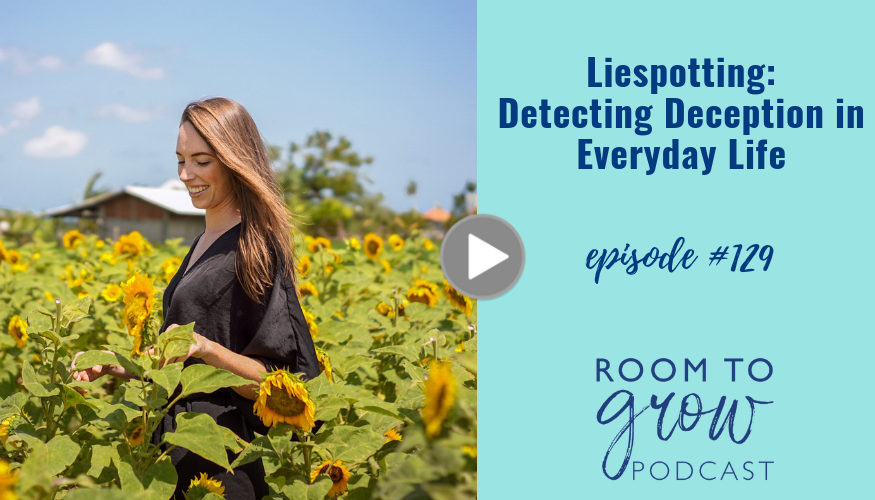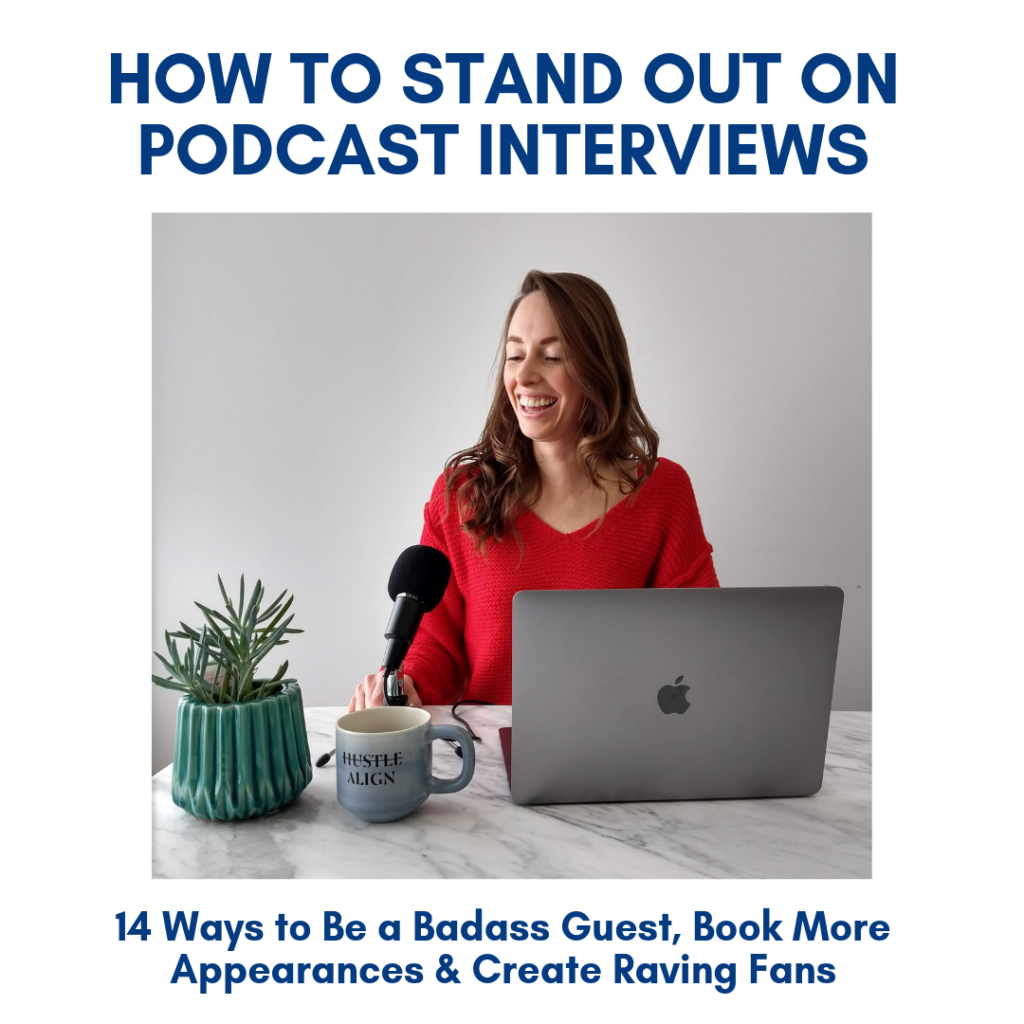Liespotting: Detecting Deception in Everyday Life

September 10, 2019
“No one can lie to you without your approval.”
This episode is ROBUST. Seriously, I’ve don’t think I’ve ever spent so long researching to put an episode together, and even with all of the various areas covered in this episode, it only scratches the surface of the science of detecting lies and deception.
After ending my 9 year relationship when I found out on Christmas Eve that my partner had been unfaithful to me for our entire 9 years together with someone else, I started doing a deep dive into liespotting and how to determine when someone is lying. I didn’t trust myself after years of ignoring my own intuition, and needed to better understand why and how people lie, and I was able to watch in real time as many of the tools I had learned helped me to be a better judge and see the lies for what they were as they were continuously told to me.
Most of us are lied to anywhere between 10 – 200 times per DAY. Worse yet, the average adult can only detect a lie around 54% of the time. We might as well be flipping coins.
And the most common lie often told? “Nothing’s wrong, I’m fine.”
This is indicative of the massive mental health effects that lying can have, both for the person being lied to and for the person doing the lying.
On a larger scale with more significant lies being told over the longer term, the lies start to mount and build on top of each other, and it’s like piling bricks on to quicksand. It creates a vicious cycle that the liar has difficulty escaping, even if they wanted to, while simultaneously doing a great deal of damage to the people on the receiving end of the lies.
“I’m not going to swear an oath I can’t uphold. When enough people make false promises, words stop meaning anything. Then there are no more answers, only better and better lies.”
-Jon Snow, Game of Thrones: watch clip here
Don’t be fooled into thinking that you never lie, though. While human nature is to inherently trust, all of us lie regularly for one reason or another. Men and women sometimes differ in their reasons for lying, which I discuss on the episode, but the reasons can vary from protecting someone else’s feelings to guarding ourselves either physically or emotionally, to win the admiration of others or to avoid some sort of punishment.
“Compared to truth-tellers, liars showed lower cognitive complexity, used fewer self-references and other-references, and used more negative emotion words.” Reference
Imagine going through life lying to everyone. Not only would that be utterly exhausting, which I explain further in the episode, but you would automatically assume everyone else was constantly lying to you as well, because that would be all you know.
You’re going to walk away from this episode with a significantly greater understanding of how we lie, why we lie, and most importantly, some tools to add to your toolbox to be able to figure out when someone is lying to you, either at a professional or a personal level.
This goes way beyond the old, inaccurate myths around liars being unable to maintain eye contact (completely untrue) or that if someone folds their arms across their chest, they must be lying.
No, we’re going much deeper than that. And while this episode is a great way to get started, I still strongly recommend you do some of your own research, starting with Pamela Meyer’s book Liespotting: Proven Techniques to Detect Deception.
Some areas covered:
- The Q Test: A way of determining how you and other people process information in the world which can be very helpful when it comes to picking out liars
- The muscles in our face that are next to impossible to control and give us away when we lie
- Three main areas to watch closely to look for “clusters” that can indicate lying or deceptive behaviour
- Why lying can be addictive in a way similar to gambling
- The differences between pathology liars and “regular” liars
- How to look for “emotional leakage”
- Specific types of questions to ask that will reveal lies
- Some of the mental health effects of lying, both on the giving and receiving end
- How/why lying has formed from an evolutionary standpoint
I’m really looking forward to hearing your feedback about this episode, be sure to share it with someone who needs to hear this!
REFERENCES
Room to Grow Podcast episode #117, The 9 Year Affair: Lessons in Infidelity
Room to Grow Podcast episode #69, Overwhelm & Information Overload is Your Own Fault
Pamela Meyer, Liespotting Website
Liespotting: Proven Techniques to Detect Deception, by Pamela Meyer
TED Talks Collection: The Truth About Lying
Psychology Today: The Truth About Lying
Want to join the conversation or connect with Emily? Connect below!
CONNECT WITH EMILY
Instagram @emilygoughcoach
Facebook: @ Emily Gough Coaching
PLUS! Want to be a badass podcast guest? You’re going to want to grab this highly requested guide walking you through every step of the way to have your interviewers begging you to come back on, and the listeners wanting to learn everything they can from you! Grab your guide HERE.
DON’T MISS…
Questions? Comments? Want to connect and chat? You can email me at info@emilygoughcoaching.com, or DM me over on Instagram @emilygoughcoach with any questions, comments, or takeaways! Plus, I would absolutely love to connect with you and thank you for listening in real life. It makes me day to see you listening to the podcast and fills me up with pure joy. Seriously. See you on the ‘gram!
Questions? Comments? If Instagram and Facebook aren’t your jam, send me a good old fashioned email! info@emilygoughcoaching.com
BRAND NEW EPISODES EVERY TUESDAY, THURSDAY & SATURDAY
WHERE DO WE BEGIN?
This is where it all starts. Your FREE foundational guide to understanding yourself in whole new ways that will re-frame and completely shift how you approach relationships.
SEND ME THE GOODS
READY TO WORK TOGETHER?
Step into your strength. Reclaim your power. Allow yourself to be truly seen.
